I am reading a book – Platform Souls ‘Trainspotter as 20th Century Hero” by Nicholas Whittaker
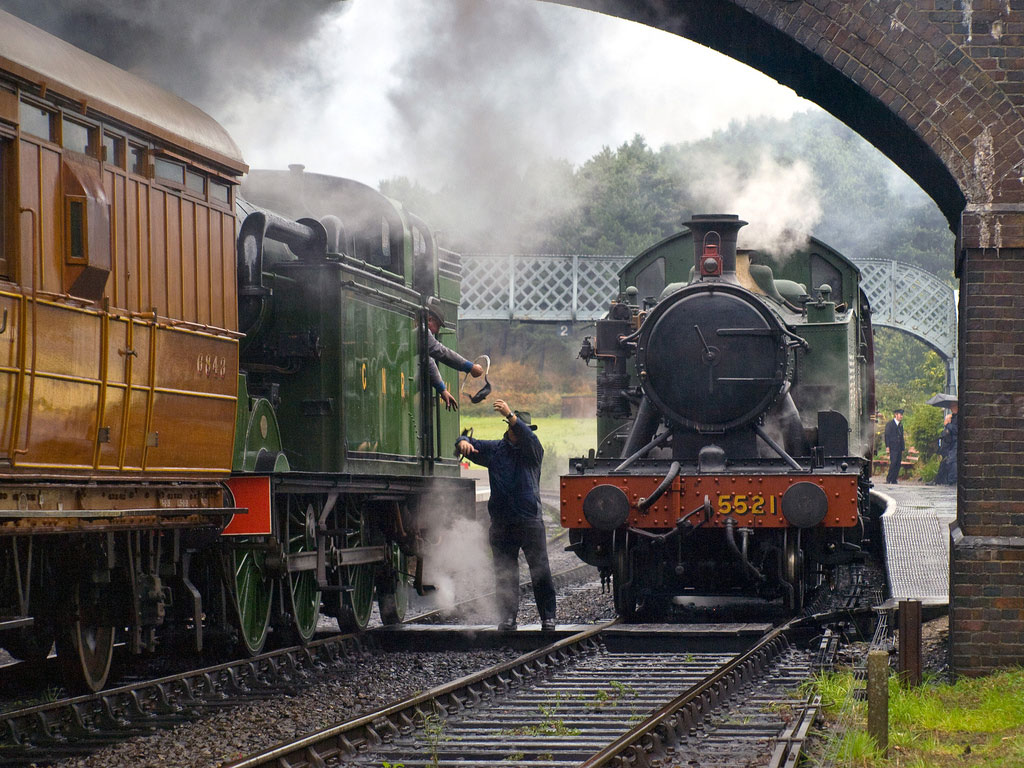
Whittaker was a train-spotter when growing up in the 1960s. He tells of his fascination in watching steam trains and also how the decline of the railways and steam, completely changed the view of train-spotters, from a young hip hobby – to be the butt of jokes, eventually immortalised in a film about heroin addicts.
“A person who collects train numbers as a hobby.”
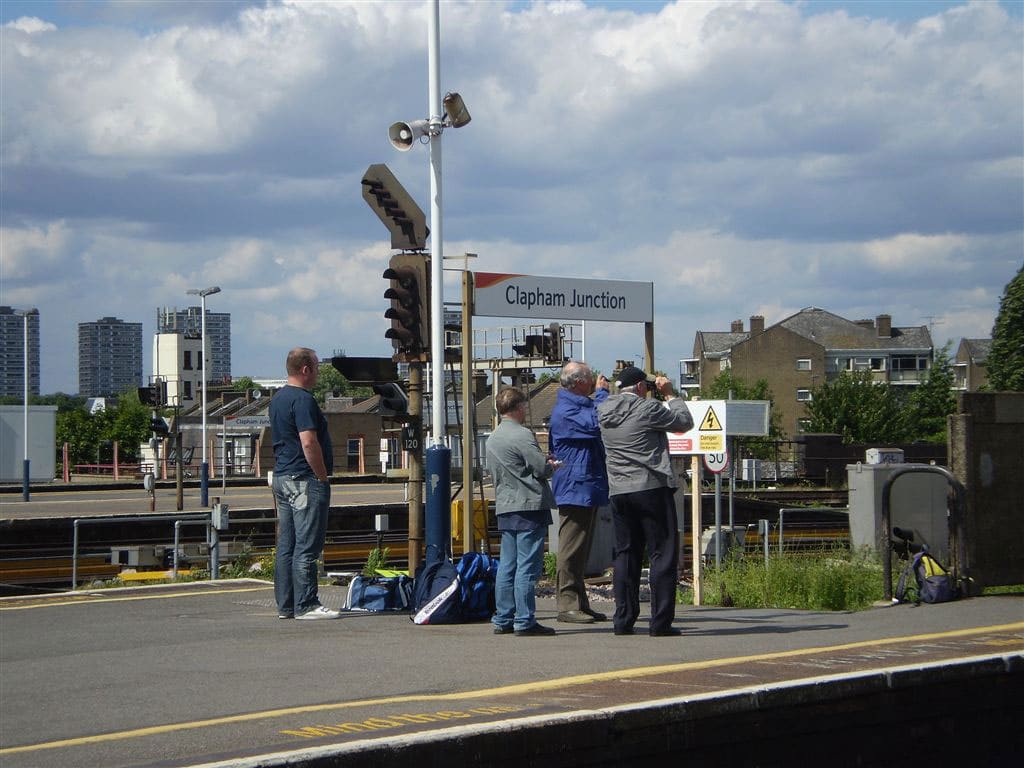
“who obsessively studies the minutiae of any minority interest or specialized hobby.”
Preconceptions
My own relationship with railways is that I like trains, there is something about a busy station, which is more aesthetically and emotionally pleasing than a motorway and car park. I often look at maps and lament all the old railways torn up in the name of progress.
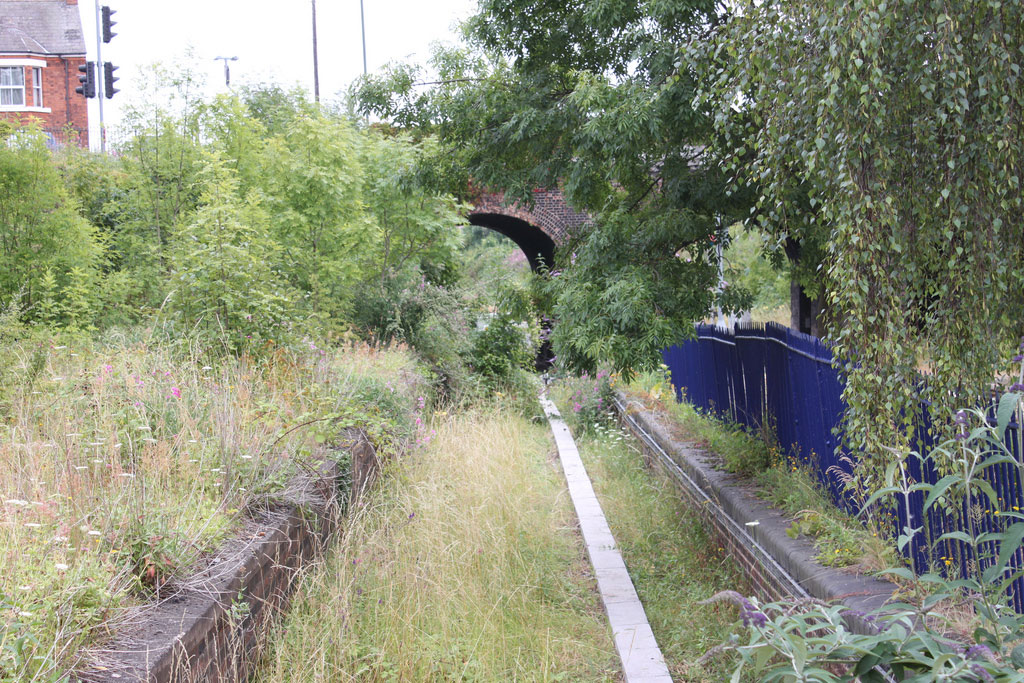
When I was young, I would sometimes go on ‘rail rovers’ where you would spend all day travelling on as many different lines as possible. It was great fun, though I rarely get the chance to do anything like that today.
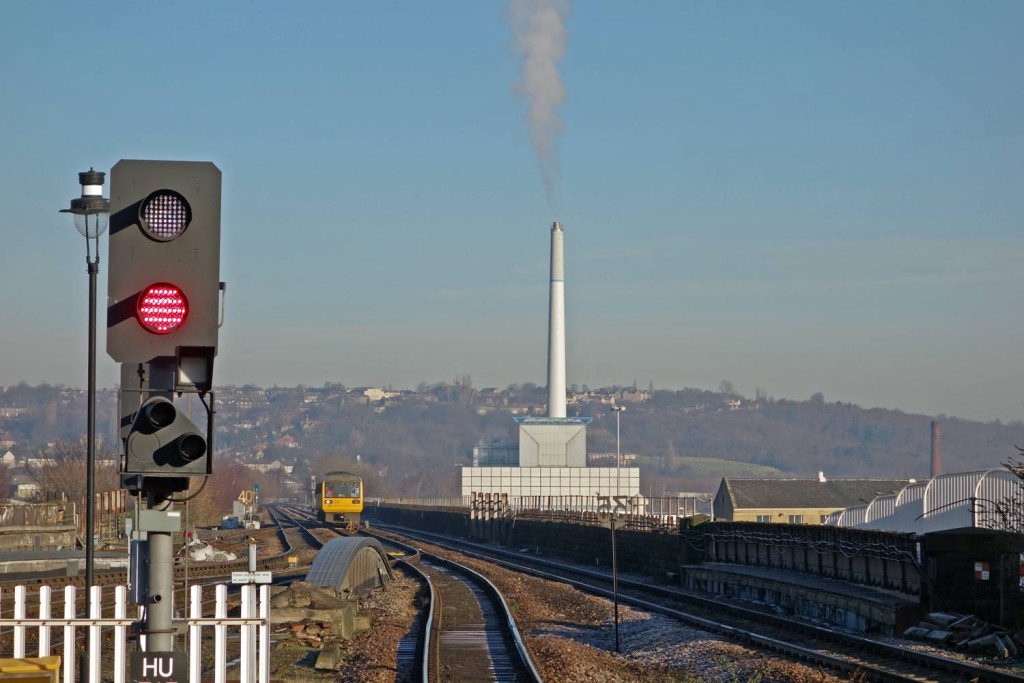
The interesting thing, is that although railways had a certain allure, I unconsciously accepted the prevailing derogatory image of train-spotters. Any love of railways is always hedged by the fact that I’m not a train spotter! Sometimes, you see people standing at the edge of platforms, with notebook / camera in hand.
To me the interesting thing is how the prevailing derogatory view of trainspotters, subtly influences your view of these middle aged men. We all like to think we are free of prejudice, but a ‘trainspotter’ definitely creates pre-conceived ideas.
Platform soul made me realise the strength of unconscious association towards this particular minority group.
Rose Tinted Spectacles
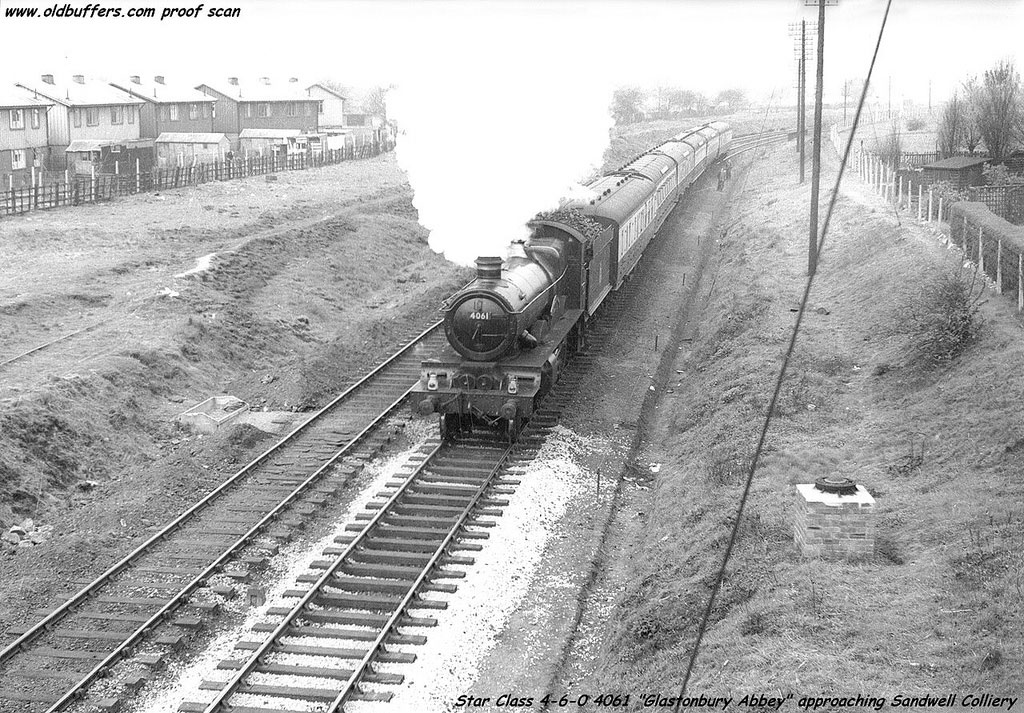
The problem with trains and railways, is that the modern cost-cutting railways have less soul, than the days of steam engines. The heady days of steam were the 1930s and 1940s. This is when railways were still the dominant form of transport. There was a romance and instinctive soul to the steam train era. It is very different with the modern, quieter electrics and diesels. It seems a shame that progress has lost some of the magic of railways.
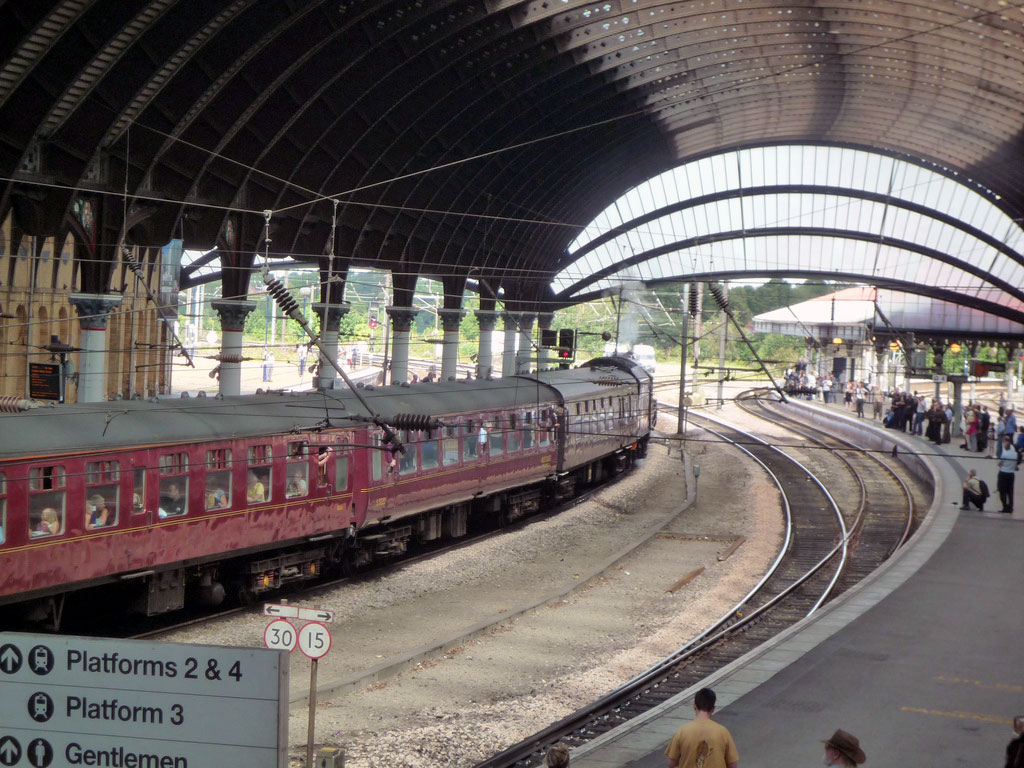
Yet, at the same time, the 1930s, and 40s, were decades of depression, war and austerity. I wouldn’t swap modern life for a bit of dirty steam and more air pollution. Steam engines also went out because no-one wanted to work on such a hard and dirty job. Though ironically, when steam left the network, there is a flourishing business in heritage railways, where volunteers give up time and money to run steam trains up and down one miles of line to no-where in particular. When these lines were getting for A to B, they lost money. But, now that they run no-where in particular – only for the experience, people drive (by car) in their thousands to heritage railways to have the experience of the 1950s, sanitised without the austerity of past years.
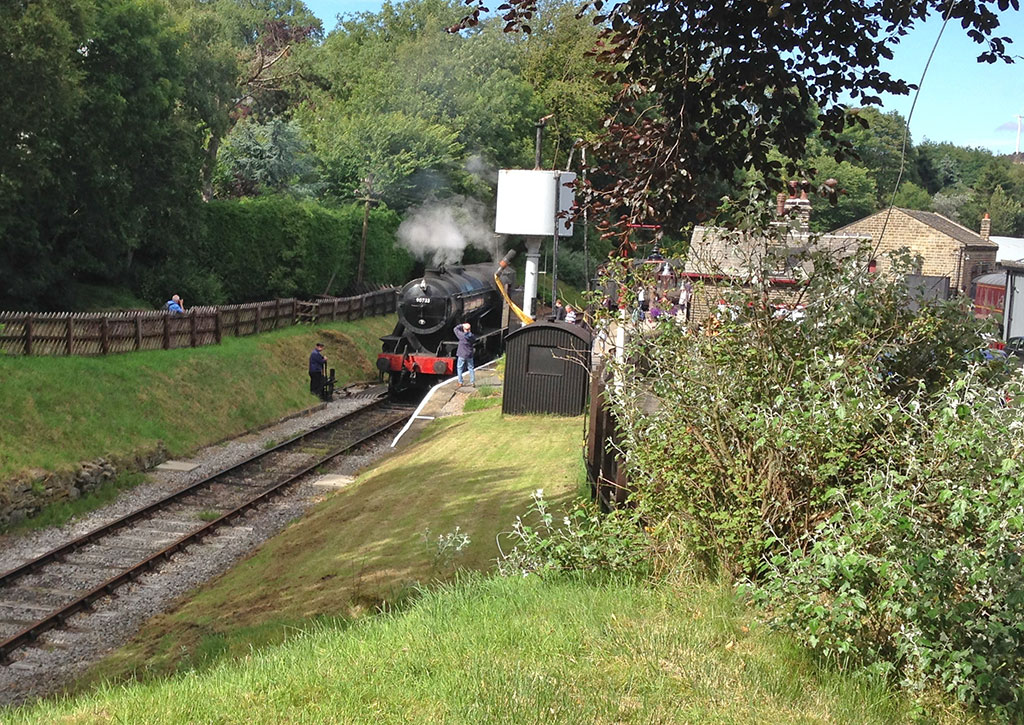
Railway Enthusiast
I keep meaning to go to a heritage steam railway, but I’ve never been on one. The truth is I like railways, if there is point to it. I love getting the Eurostar from London to Paris. But, I don’t see the point of getting a train to go around in a circle.
Contradictions
There are so many contradictions with railways and train-spotters. I’m aware of the unconscious prejudice towards them, yet I still don’t see the point in collecting train numbers. I feel a certain longing for the steam age, but at the same time, I’m glad I wasn’t born in 1930. Railways are great, but also frustrating. We love to lionise the past, but the trains were often gloomy and grimy, dirty and late. I’d like to travel on the Orient Express, first class. But, I wouldn’t want to have to work at a steam engine – too much like hard work.
There is something intangible about trains, which makes it the best form of transport. I was quite interested to find my spiritual Teacher, Sri Chinmoy loved steam trains. When he was young, his only ambition was to be a ticket collector, like his father. Yet, at the same time, he was a practical person. He travelled by plane and car. Occasionally getting a heritage steam train when on vacation. A summary of the modern age – you can have the romance of steam, but not for practical purposes.
Would you want your kid to be a trainspotter?
I’m not a great fan of video games. Young children can spend hours killing imaginary people on a computer screen. If I had kids I feel it would be more healthy standing on a platform edge looking out for express trains. Even ‘bunking’ sheds is healthier to an addition to computer games. But, in the modern era of health and safety, the authorities would probably manage to bad mass train-spotting and keep children locked inside.
Review of book
As a railway enthusiast, it’s quite interesting for bringing up the range of issues around railways and train-spotters. Next time I see a lone figure at the edge of the platform edge, I will check those pre-conceived notions which spring into the mind.
I might even make it one day onto a heritage railway, camera in hand.
Related
Platform Souls ‘Trainspotter as 20th Century Hero” by Nicholas Whittaker
Full Steam Ahead – at Sumangli.org


Pingback: Economic changes from railways | Economics Help